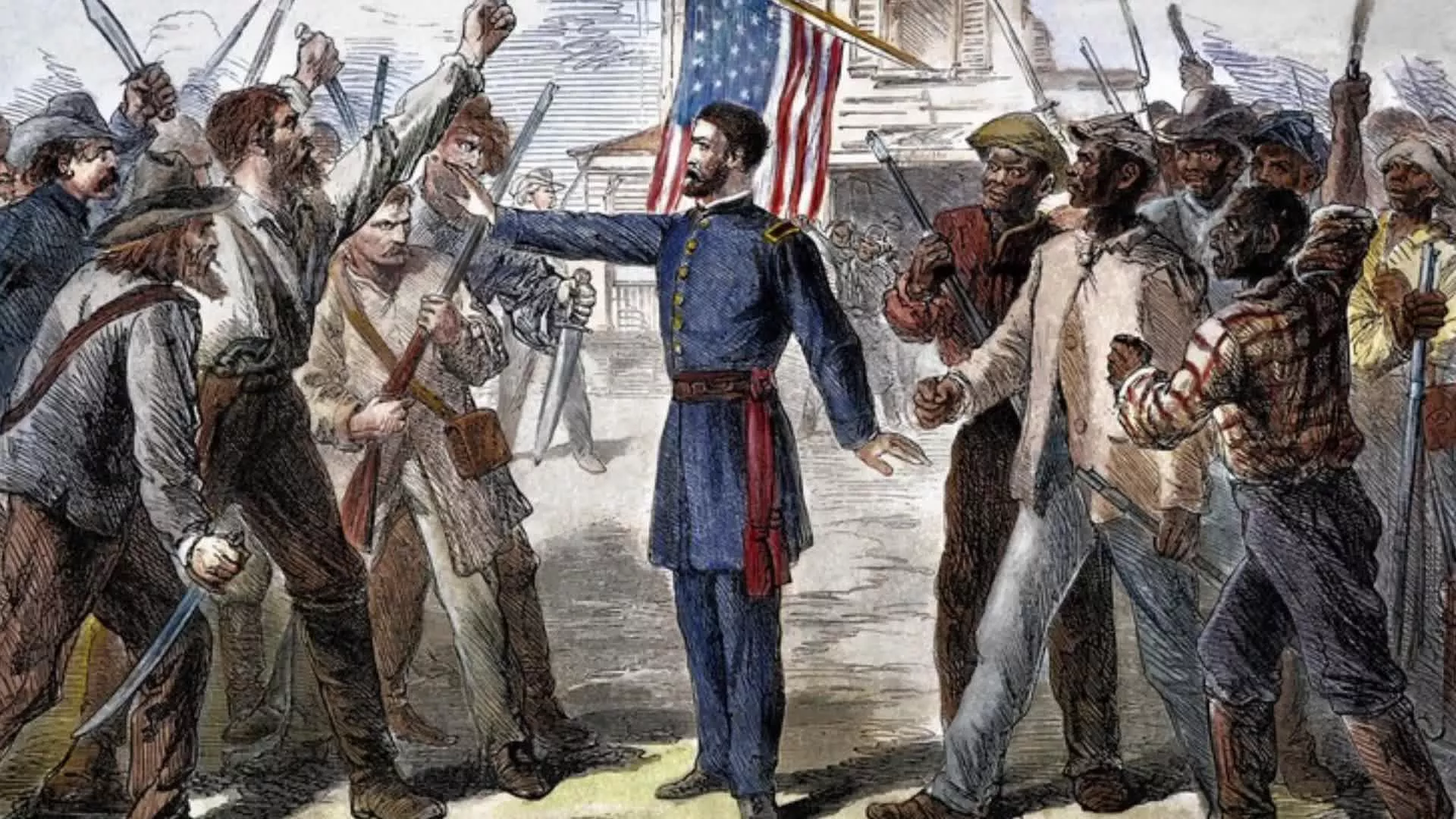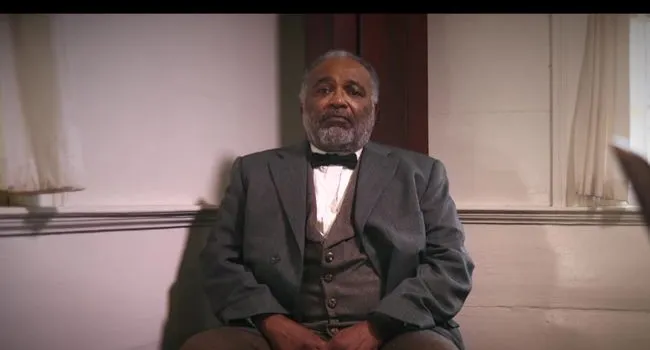
Video
Grades: 6 7 8 9 10 11 12


Video
Grades: 6 7 8 9 10 11 12

Video
Grades: 6 7 8 9 10 11 12

Photo
Grades: 3 4 5 6 7 8 9 10 11 12 Higher Education

Video
Grades: 3 4 5 6 7 8 9 10 11 12 Higher Education

Interactive
Grades: 3 4 5 6 7 8 9 10 11 12 Higher Education

Video
Grades: 3 4 5 6 7 8 9 10 11 12

Video
Grades: 7 8 9 10 11 12

Video
Grades: 7 8 9 10 11 12

Video
Grades: 7 8 9 10 11 12

Video
Grades: 7 8 9 10 11 12